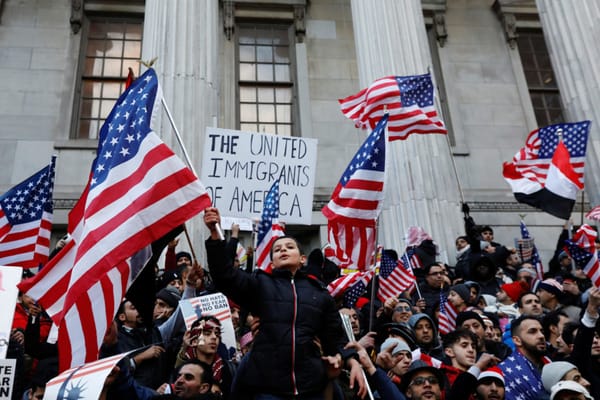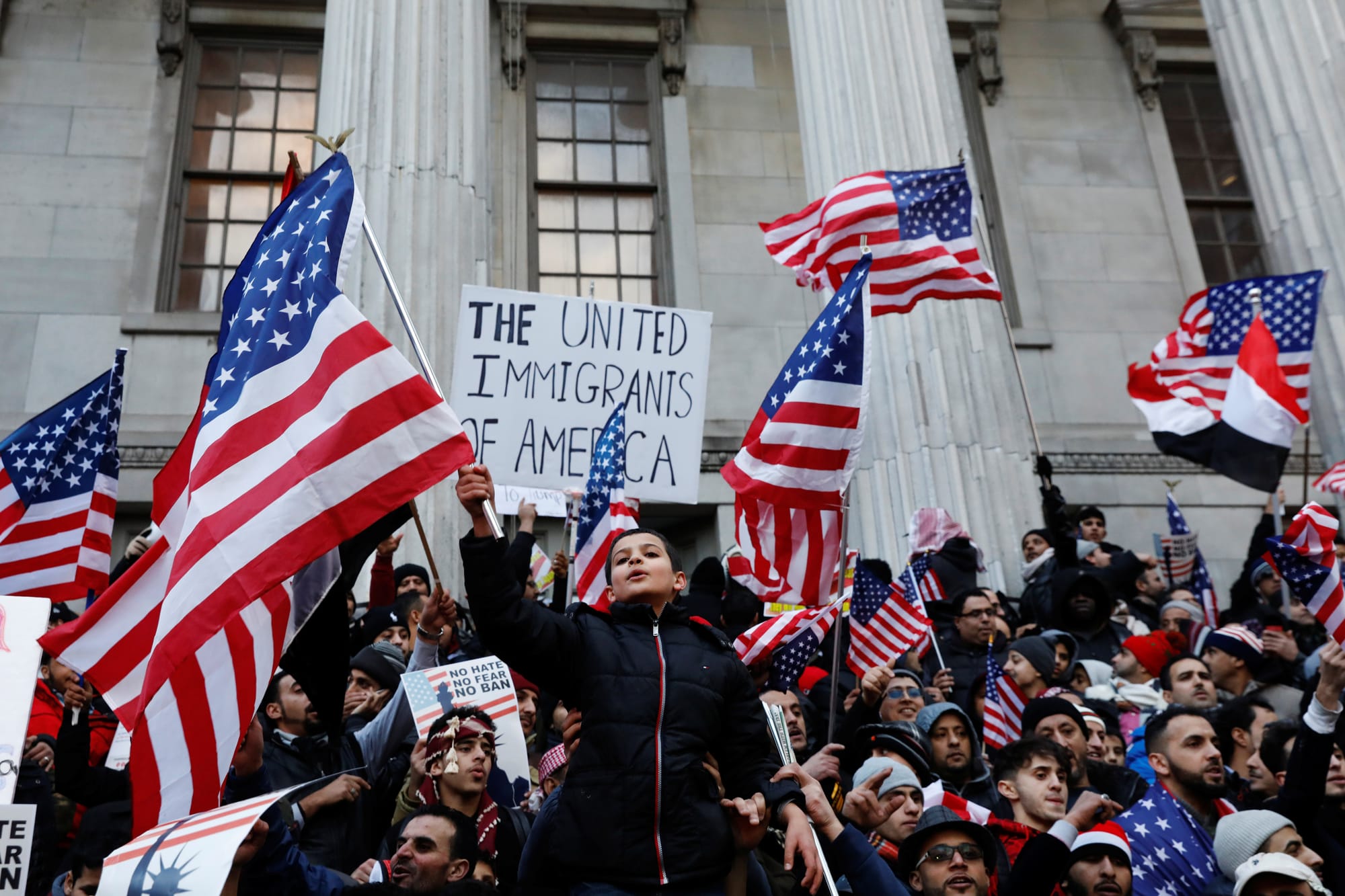Covering Surveillance, Struggles and Solidarity in the Arab American Community
Although issues of domestic surveillance and discrimination faced by Arabs living in the United States became more prominent after the attacks of September 11, 2001, MERIP has been covering them continuously since the organization was founded 50 years ago. Pamela Pennock surveys how MERIP has writte











